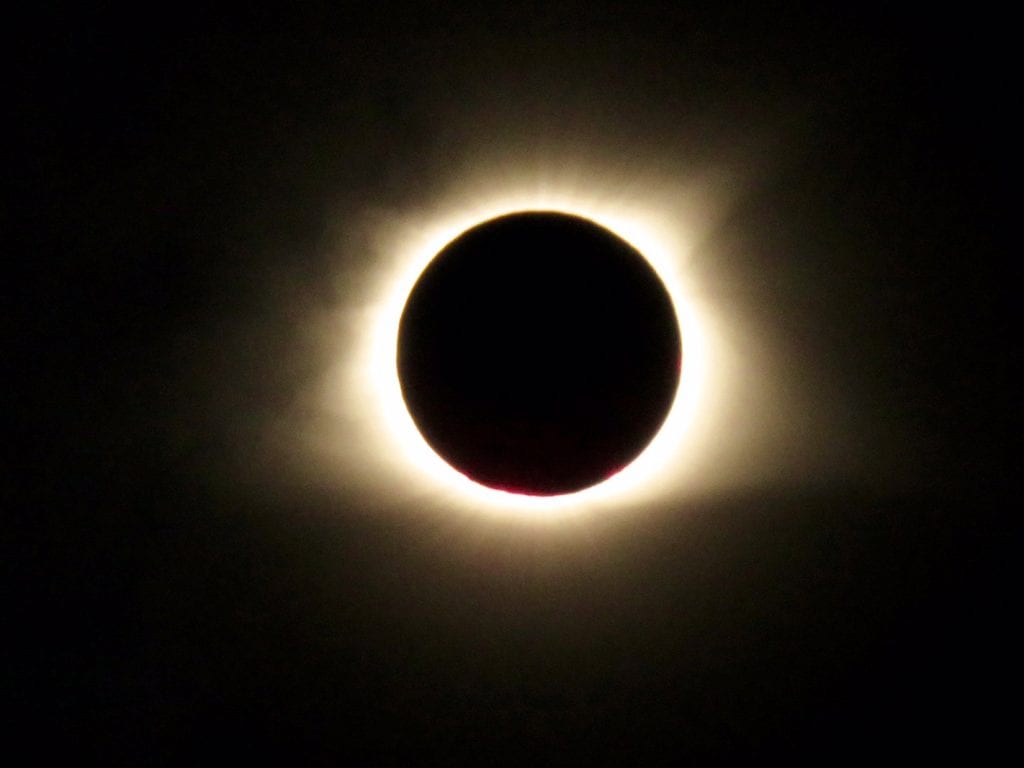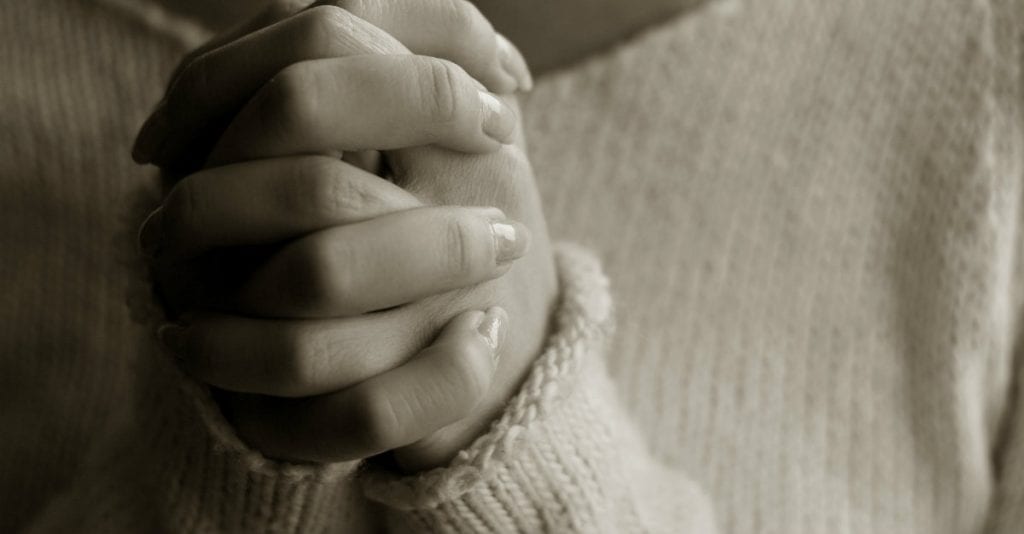
I did some things in college that I probably should not have done. Not really bad stuff, just a few things that were a little adventurous. You know, the kind of things that if you got caught doing them would have gotten you into a lot of trouble. Like the time a frat brother and I spent the night putting up a bunch of posters we had made in all of the academic buildings across campus. We followed the security guard on his rounds and each time he unlocked the building long enough to make his nightly checks, we would slip in and hide until he left. Or like the time when my college roommate and I decided that the campus security car, operated by the Pinkerton Security Company should actually be painted pink. Or like the time we “borrowed” a couch from the lobby of the girls’ dorm and kept it in our dorm room for an entire semester. (I’m pretty sure the statute of limitations has run out on all this stuff.)
But by far, our biggest adventure involved Legion Field, the legendary stadium in Birmingham where the University of Alabama played all of its home games for many seasons. My roommate John, and I were huge fans of the Crimson Tide and we were always scrounging for a ticket. Some days, when we didn’t have tickets, we would drive down to Legion Field and try to buy a cheap ticket outside the stadium just before game time. We were nearly always successful. But the day came when we had no tickets, but needed a way to get into the stadium. We noticed an elevator on the side of the stadium that reached from the ground floor to the press box. Those with press credentials stepped in and rode to the top. We didn’t have any press credentials, but we had spunk. We waited for a group to form in front of the elevator and when the doors opened we stepped inside as though we belonged. When the doors opened at the press box level we noticed a security guard a few feet down the hallway to the right… so we made our way to the left. It worked! We made it inside. In those days, we ran into all kinds of press people from the local stations as well as legends like Keith Jackson from ABC.
We even discovered a stairway that led to the roof of the press box. We learned that only a few cameramen were positioned there who could care less if we were there or not. So, we spent a lot of Saturdays watching the Tide from high above the field from our 50-yard line “no ticket” vantage point. Once we learned the routine, we even figured out how to blend in the press crew when the barbeque buffet line opened up. We consumed a lot of free barbeque and sweet tea in those days. Like someone once told me, “Never diet on another man’s dime.” It’s all a little crazy looking back on those days. It’s hard to believe that we actually bluffed our way in on many occasions. The hard part was getting in. Once inside, the living got easy.
The truth of the matter is that all of us as believers in Christ, are living in a space where we don’t belong. But because we have been joined to Him through faith, we are now a part of the eternal Kingdom of God. And it only gets better. Not only does His Spirit inhabit our lives, giving us wisdom, counsel, correction, and grace in this life, but the promise is that we will also “dwell in the house of the Lord forever.” No, we don’t have any credentials that say we belong. There is a not a “press-pass” that allows us access to the Father. But oddly enough, we have been invited to inhabit that space. As Paul writes in 2 Cor. 5:21, “For God made Christ, who never sinned, to be the offering for our sin, so that we could be made right with God through Christ.” The hard part of salvation is getting in. But it’s not us who bear the price of admission. It is Christ who grants our acceptance, our welcome, and our belonging, based on His sacrifice. So, welcome to the space where you now belong, but certainly don’t deserve to be. I invite you to feast on the banquet meal where both sinner and saint sit together, robed in the righteousness of Christ. You are welcomed here. You belong here. So, dig in. Why diet on another man’s dime?
-Dr. Jon R. Roebuck, Exec. Director
 For the past two weeks, the news cycles have been dominated by the stories of the hurricanes. Harvey and Irma have certainly left enough destruction in their wakes to alter life in the affected areas for decades to come. There have been stories of great heroics and stories of great tragedy. There have been images of rescues and images of destruction. The contrasts in the story lines have been jarring… hope & despair, loving & looting, preparedness & surprize, relief & tension. By the time both storms blew their way through middle Tennessee, they were only a fraction of the “sound and fury” that once hammered Texas and Florida. And yet, all of us have been affected by the storms, if nothing else than by the images on the screen and the words of the reporters.
For the past two weeks, the news cycles have been dominated by the stories of the hurricanes. Harvey and Irma have certainly left enough destruction in their wakes to alter life in the affected areas for decades to come. There have been stories of great heroics and stories of great tragedy. There have been images of rescues and images of destruction. The contrasts in the story lines have been jarring… hope & despair, loving & looting, preparedness & surprize, relief & tension. By the time both storms blew their way through middle Tennessee, they were only a fraction of the “sound and fury” that once hammered Texas and Florida. And yet, all of us have been affected by the storms, if nothing else than by the images on the screen and the words of the reporters. Like most of America, I viewed the solar eclipse this week. I watched it from the Campus of Belmont University here in Nashville, along with a crowd of about 6000. Nashville was in the direct path of “totality” which means all of us got the full effect of the experience. I have to admit that it was really something. In fact, it was downright amazing. The full eclipse was one of the most spellbinding images that I have seen a long time. The picture that accompanies this article was taken by a friend who was standing next to me at the time of the total eclipse. (Thanks, Steve, for the photo.)
Like most of America, I viewed the solar eclipse this week. I watched it from the Campus of Belmont University here in Nashville, along with a crowd of about 6000. Nashville was in the direct path of “totality” which means all of us got the full effect of the experience. I have to admit that it was really something. In fact, it was downright amazing. The full eclipse was one of the most spellbinding images that I have seen a long time. The picture that accompanies this article was taken by a friend who was standing next to me at the time of the total eclipse. (Thanks, Steve, for the photo.) Prayer is one of the great disciplines of the Christian faith. In my view, it is as vital to our faith experience as anything else we do. It is the spiritual air that the breath and the living water that quenches the deeper thirsts of our souls. It is that which sustains us, heals us, and allows us to sometimes see the world with the perspective of the Father. It is that connecting point that reminds us over and over again that we are forever joined to something greater than ourselves… we are joined to the Creator God of the universe and that alone should make the discipline thrilling and awe inspiring.
Prayer is one of the great disciplines of the Christian faith. In my view, it is as vital to our faith experience as anything else we do. It is the spiritual air that the breath and the living water that quenches the deeper thirsts of our souls. It is that which sustains us, heals us, and allows us to sometimes see the world with the perspective of the Father. It is that connecting point that reminds us over and over again that we are forever joined to something greater than ourselves… we are joined to the Creator God of the universe and that alone should make the discipline thrilling and awe inspiring. Most of us are familiar with the Prayer of Jabez, not because we stumbled across it in our devotional readings of 1 Chronicles 4, but because of the popularity of the short devotional book written by Bruce Wilkinson back in 2000. It was an instant best seller. It topped the New York Times best seller’s list and sold over 9 million copies. Some critics panned the book saying that it promoted a “prosperity Gospel” mentality, but my take is that Wilkinson never intended for the book to be used that way. It is my understanding that he wrote it as a way of challenging people to seek the Lord more fully and more completely. Certainly, he struck a chord with many people. 9 million represents a lot of copies.
Most of us are familiar with the Prayer of Jabez, not because we stumbled across it in our devotional readings of 1 Chronicles 4, but because of the popularity of the short devotional book written by Bruce Wilkinson back in 2000. It was an instant best seller. It topped the New York Times best seller’s list and sold over 9 million copies. Some critics panned the book saying that it promoted a “prosperity Gospel” mentality, but my take is that Wilkinson never intended for the book to be used that way. It is my understanding that he wrote it as a way of challenging people to seek the Lord more fully and more completely. Certainly, he struck a chord with many people. 9 million represents a lot of copies.